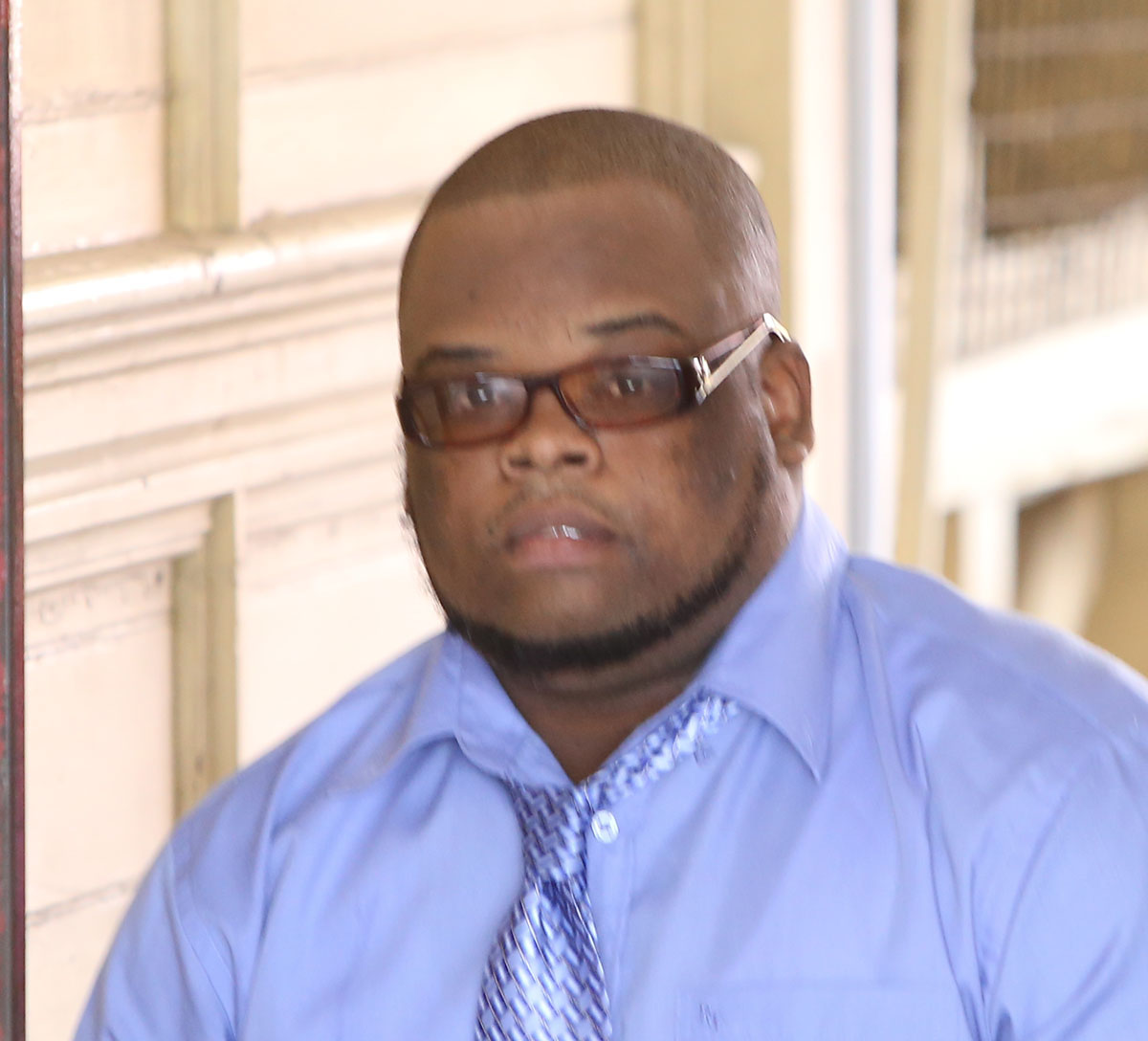Finding the 25 years imposed upon him for the unlawful killing of businessman, Ashok Raghoo, to have been appropriate, the Guyana Court of Appeal has affirmed the sentence against Travis McDougall and dismissed his appeal.
Though indicted for murder, a jury back in 2017 had found McDougall guilty of manslaughter, for unlawfully killing the businessman during a robbery on August 18th, 2014 at the Vlissingen Road and Regent Street traffic lights.
Among other things, McDougall, (the Appellant) had argued that the sentence imposed upon him was excessive when compared with what he described as comparable cases to his.
The appellate Bench, however, comprising acting Chancellor Yonette Cummings-Edwards and Justices of Appeal Dawn Gregory and Rishi Persaud did not so find; noting that the sentence imposed was well within the range required by law for a manslaughter conviction.
Chancellor Cummings-Edwards who read the decision, said the Court did find that trial Judge Navindra Singh erred in not stating how he arrived at 25 years, or whether any starting-base had been used.
Notwithstanding this, however, she said that in accordance with case law precedent, the sentence imposed is well within the range required and shall therefore stand.
The Court lauded the trial judge’s outline of mitigating and aggravating factors as a guide to sentencing, as well as the fact that a separate hearing had been conducted to consider a probation report.
Chancellor Cummings-Edwards said that having regard too, to the fact that the convict expressed no remorse for his action—when weighed against the mitigating factors—considering all the circumstances, the sentence was just.
She reminded that each case turns on its own particular facts and that sentencing is a matter for the trial judge, who would have seen and heard witnesses including the appellant.
An appellate court, the Chancellor said, must not interfere because it feels that a different sentence should be passed and thereby impose a different one; but rather only where the particular sentence is seen to have been bad in law, wrong or manifestly excessive.
The appellant had raised a number of other grounds in his appeal, arguing that his defence of alibi had not been properly put to the jury, that there were misdirections on the part of the trial judge regarding the issue of identification and he had complained too, about the admissibility of certain evidence.
The appellate court, however, dismissed these grounds, finding that the trial judge had in fact given the appropriate directions to the jury as is required by law.
McDougall was represented by defence attorney Narissa Leander, while the state was represented by Prosecutor Natasha Backer.
McDougall’s story was that he had nothing to do with the commission of the offence and was elsewhere at the time. His caution statement, which was admitted in evidence, however, said he told police that he had ridden the motorcycle from which the shooter had dismounted.
Wife of the deceased, Shirzaydah Raghoo, in her testimony, had identified McDougall as the rider of the bike from which the killer gunman dismounted. She had told the court that she clearly saw the faces of both McDougall and the shooter.
Raghoo had recounted that Ashok, who was a miner, had travelled from the interior some days before he was killed, and had gone to the Guyana Gold Board, where he uplifted a cheque for $4 million. Thereafter, they went to Citizens Bank, where he cashed the cheque.
She said that on the day in question, they left home together around 12.45 pm to transact business in the city; the money was in a black haversack.
The witness recalled that while on Vlissingen Road, her husband brought their car to a halt at the traffic light, which indicated red at the intersection with Regent Street.
Almost immediately, the woman said, she saw a motorcycle ride up alongside her husband’s window, which was halfway up. She recalled that a man dismounted and demanded the bag, but her husband refused and was shot in the chest. Raghoo said the man then turned and shot her in the right foot, when she tried to grab the haversack, which was in the backseat. The couple was also robbed of a firearm and cellphones.
Another person—Jermain Otto—had been charged with Raghoo’s murder, but he perished before facing trial in the March 3rd, 2016 fire at the Camp Street jail that claimed the lives of 17 inmates.






